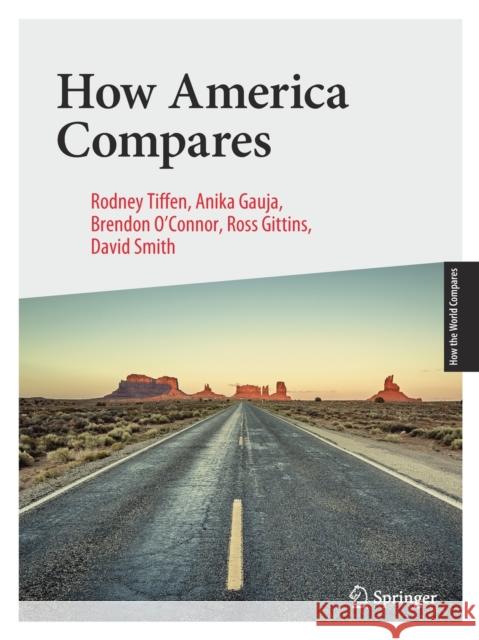How America Compares » książka
topmenu
How America Compares
ISBN-13: 9789811395819 / Angielski / Miękka / 2019 / 192 str.
Kategorie BISAC:
Wydawca:
Springer
Seria wydawnicza:
Język:
Angielski
ISBN-13:
9789811395819
Rok wydania:
2019
Wydanie:
2020
Numer serii:
000921758
Ilość stron:
192
Waga:
0.49 kg
Wymiary:
27.94 x 20.96 x 1.17
Oprawa:
Miękka
Wolumenów:
01
Dodatkowe informacje:
Wydanie ilustrowane











